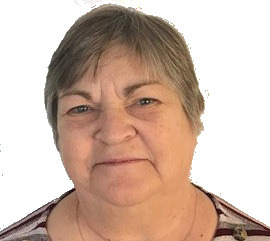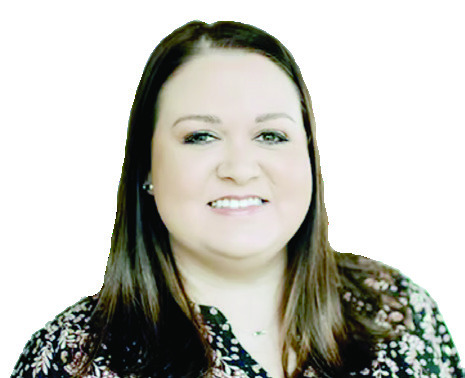I recently read a children’s book entitled “Ban This Book” by Alan Gratz.
The story involves a fourth-grade student who visits the school library to check out her favorite book. It has been removed from the shelf and is no longer available to students because a well-meaning parent decided it was not appropriate for the students.
She soon discovers that eleven books have been removed because one parent demanded it. The fourth-grader is told the books haven’t been banned, they have just been removed from the shelves and students are not allowed to check them out.
She doesn’t understand the difference between removing and banned. She’s told the books have been removed for her protection as well as the other children’s. This is a fiction book for upper intermediate grade readers.
Unfortunately, book removal is becoming more of an everyday occurrence in our schools and libraries.
As an Army brat, I was taught that when we lived outside of the United States we represented our nation. I was proud to represent the United States and one of the things I was proud about was our Constitution and Bill of Rights.
I lived in some countries where the government did not give their citizens personal liberties. They did not allow citizens to voice their opinion through speech, the written word, or peaceful protest.
They were not allowed to practice the religion of their choice. They did not have the privilege of intellectual freedom.
These rights are guaranteed to us by the First Amendment.
It always surprises me how many people can tell you what the Second Amendment guarantees but not the First. Isn’t the first on a list usually the most important?
Libraries, both public and school, have policies and procedures that enable citizens to request that an item be reconsidered and possibly removed from the shelves. Libraries have collection and book selection policies that are approved by the school board or the library board.
The policies reflect the values of a school or community. All policies and procedures are available to the public.
Our elected Missouri legislators, under the guise of protecting children, are writing and passing laws that remove the right of professional librarians, as well as parents, the decision on what material is appropriate for children.
Senate Bill 775 has an amendment which fines school districts and threatens possible imprisonment for school personnel that do not follow the vague outlines of what is acceptable school library material.
House Bill 1159 punishes school librarians who provide access to informational resources that are not available in the school library.
House Bill 986 has an amendment attached that would limit public libraries to only purchase, with taxpayers’ money, what is cataloged by the Library of Congress.
That sounds all right on the surface until you find out that the Library of Congress does not catalog large print books, E-books, research databases, or materials from small presses or Indie presses.
The Library of Congress only catalogs first editions, so updated versions of materials could not be purchased. Many publishers do not send their materials to the Library of Congress for cataloging. The Library of Congress has a selective collection policy and does not have every book that is printed.
Denying access to information does not allow you to find out about all sides of an issue. You are not able to make sound decisions when information is denied. I agree that not everything is appropriate for all people.
However, I feel that I should have the liberty to decide for myself what is appropriate for my child and me. You have the right and responsibility to decide for yourself and your family what is appropriate.
That is not the government’s job. Many people feel that the First Amendment means that only the federal government cannot take our First Amendment rights away. The Fourteenth Amendment says the right of free speech and intellectual freedom also applies to state and local governments.
If you visit the Cassville Branch Library, on the wall behind the circulation desk, you will see a quote from Jo Goodwin, “A truly great library has something in it to offend everyone.”
It is my hope as a librarian and an American that this continues to be true.
Cheryl Williams is the branch supervisor of the Cassville Branch Library. She may be reached at cheryl@blrlibrary. com





